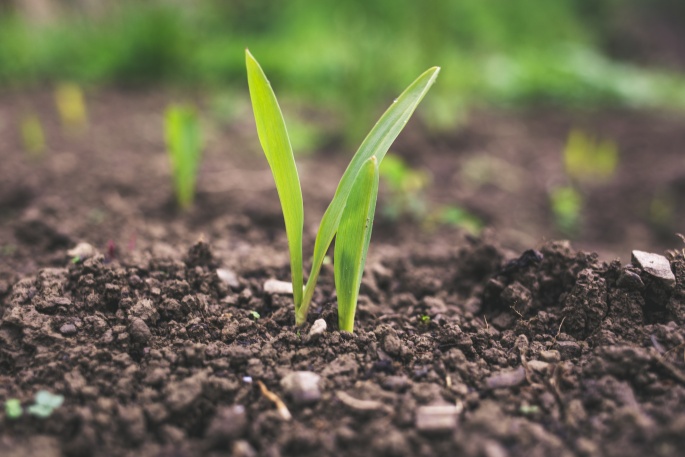RDA Webinar Series in Agriculture: ‘Global Long-term Experiments in Agriculture Network (GLTEN) Metadata Portal’, 20 November 2019

At the last IGAD/RDA Plenary Meeting 14 at the University of Helsinki (Finland) last month, the Agricultural Data Interest Group (IGAD) agreed to start a webinar series to enable high quality presentations and discussions to happen even if we cannot all be together in person at RDA. The Agricultural Data Interest Group (IGAD) exists to facilitate coordination and progress among a community of international data experts. These webinars will allow us keep up with cutting edge developments in agricultural data, and will encourage the free flow of ideas. Please come prepared to ask questions and offer suggestions!
We would like to initiate the RDA Webinar Series in Agriculture with the presentation ‘Global Long-term Experiments in Agriculture Network (GLTEN) Metadata Portal’ by Richard Ostler from the Rothamsted Research (United Kingdom).
The webinar will be held on 20 November at 11:00 (CET). To join, please register here.
Background
The GLTEN was launched in May 2018 with the aim of establishing a collaborative international network for long-term agricultural experiments (LTEs). The GLTEN now represents over 50 LTEs across the world and covers diverse and contrasting climate and environmental regions, crops and land management systems. To improve the visibility of LTEs and LTE data the GLTEN has developed a searchable online metadata portal. The portal does not host data, but instead provides metadata about LTEs and directs users to the LTE data owners preferred data access process. The metadata portal uses a minimum information checklist approach to capture key facts about LTEs including design and treatment factors; cropping system; site characterisation including location, landscape, soil and climate properties; administrative information including data access & licensing, contacts and associated organisations; recorded measurements and observations and data availability. To ensure interoperability with related systems, the checklist is mapped to schema.org in line with DataCite mappings and metadata are annotated using existing publicly available ontologies and controlled vocabularies. Metadata are published using CC0 licensing and can be queried using the portal API.
Speaker’s Bio
 Richard Ostler, Agri-Eco Informaticist, Rothamsted Research
Richard Ostler, Agri-Eco Informaticist, Rothamsted Research
Much of Richard’s career has been involved in addressing the challenges of data integration, especially long-term datasets. He started his career as a Computational Biologist at the UK’s Centre for Ecology and Hydrology working on integrating and mapping biodiversity and geospatial datasets and, in the early 2000s, managed the UK’s GBIF node of over 25 million biodiversity records. He then moved on to clinical trials and long-term population data before returning to the environmental sciences when he joined Rothamsted Research in 2017. At Rothamsted, Richard is an advocate for the application of FAIR data principles leads the Agri-Ecoinformatics Group tasked with improving the discovery, access and re-use of agri-ecological datasets, in particular for Rothamsted’s famous long-term field experiments. Richard has also led development of the Global Long-term Agricultural Experiments Portal, launched in October 2019.

